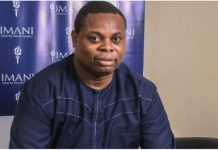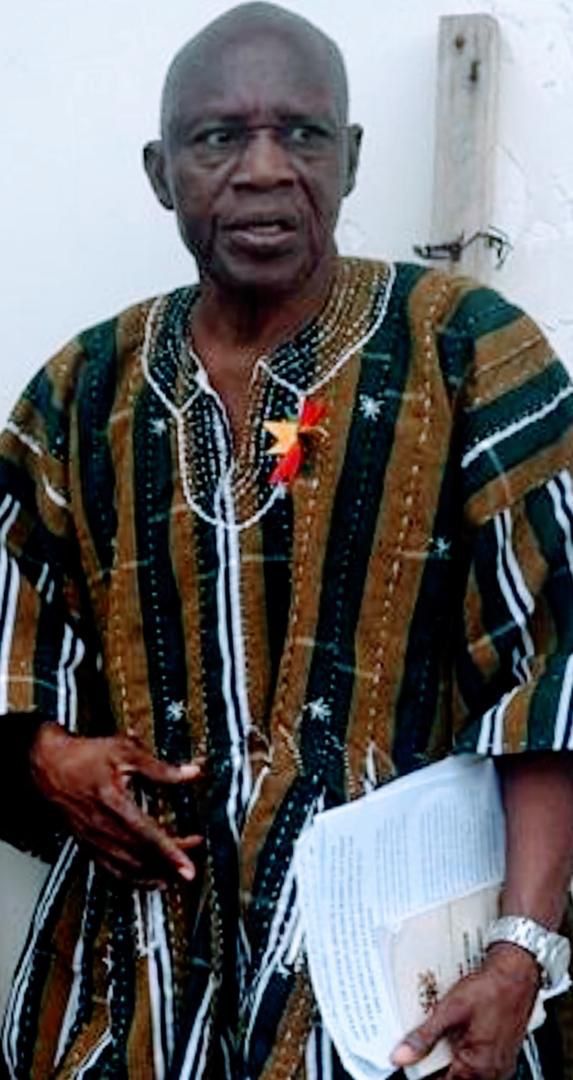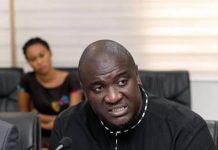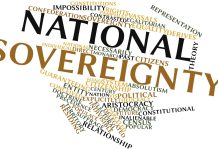By Mashoud Bawa
In the annals of Ghana’s judiciary, few figures have demonstrated as unwavering a commitment to justice and accountability as Justice William Atuguba. As the presiding judge over the 2012 election petition, his judicious leadership affirmed the legitimacy of President John Dramani Mahama’s election, thereby upholding the democratic will of the Ghanaian people. Despite his retirement, Justice Atuguba has remained an active voice in public discourse, consistently advocating for judicial integrity and critiquing governance practices that threaten national cohesion.
Over the past eight years, Justice Atuguba has utilized public lectures and media engagements to express concerns over the trajectory of Ghana’s democracy under the New Patriotic Party (NPP) administration. In an October 2023 lecture at the University of Ghana, he described the Supreme Court’s decision to nullify the election of Assin North MP James Gyakye Quayson as “scandalous,” arguing that the court should not have assumed jurisdiction in the matter.
Justice Atuguba has also highlighted the perceived politicization within the judiciary. He acknowledged public perceptions of a pro-NPP bias in the Supreme Court’s composition, stating, “There’s a big public outcry about the nature of the Supreme Court as it stands.” Such candid observations have prompted critical reflections on the judiciary’s role in safeguarding democracy and have, in turn, shifted public attention toward the National Democratic Congress (NDC) as a potential custodian of impartial governance.
Furthermore, Justice Atuguba has been a staunch advocate for insulating judicial appointments from political influence. He has called for appointments to be made by “thoroughly independent bodies based on nothing but merit,” cautioning against selections tainted by “protocol, cronyism, ethnicity, or other improper considerations.” His religious stance on this issue underscores his dedication to a judiciary that serves the people rather than partisan interests.
In light of these contributions, it is disheartening to witness any attempts to undermine Justice Atuguba’s legacy. His critiques are not partisan attacks but are rooted in a profound commitment to justice and national unity. As the NDC positions itself as a beacon of accountability, it is imperative to recognize and align with voices like Justice Atuguba’s. His insights and principles are invaluable assets for any administration dedicated to upholding the rule of law and fostering an inclusive society.
Justice Atuguba’s enduring dedication to justice and accountability serves as a guiding light for Ghana. Embracing his counsel and addressing the issues he raises are essential steps toward realizing the nation’s democratic ideals.
It is disheartening that, despite widespread anticipation, Justice Atuguba was not appointed as Chairman of the Council of State, nor was he included as a member. This oversight is particularly glaring given his extensive experience and unwavering commitment to justice. As President John Dramani Mahama and the appointing authorities consider key positions within the administration, it is imperative to recognize the invaluable contributions Justice Atuguba can offer. Whether as a Special Prosecutor, an ambassador, or a board chairman, his expertise and integrity would significantly bolster the government’s commitment to accountability and the rule of law.
The New Patriotic Party (NPP) has demonstrated a consistent practice of rewarding individuals who have facilitated their ascent to power. It is incumbent upon the National Democratic Congress (NDC) to adopt a similar approach by acknowledging and honoring the dedication of those who have steadfastly championed its principles. Justice Atuguba’s relentless commitment to justice and his courageous stance on critical national issues make him a prime candidate for such recognition.
In conclusion, as the NDC strives to embody the principles of justice and accountability, integrating esteemed figures like Justice William Atuguba into key roles will not only reinforce the party’s commitment to these ideals but also inspire confidence among the Ghanaian populace in the administration’s dedication to equitable governance.







































